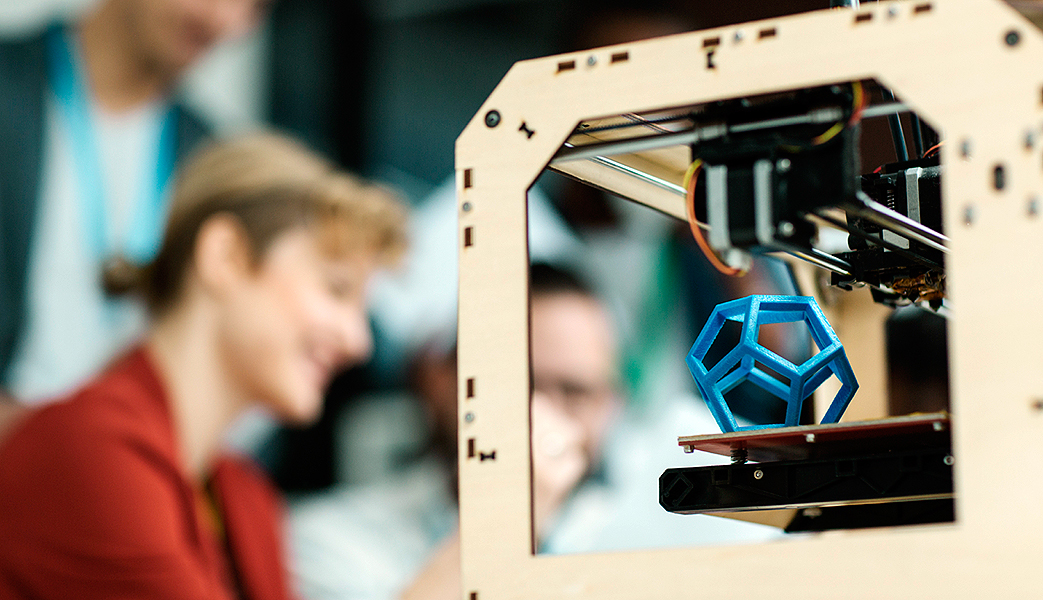
Nine industries being revolutionised by fast internet speeds
We’ve done some research to find 9 industries capitalising on the fast broadband now available. Your workplace could be up next.
1) Gaming
Gaming is a social event, where you or your team can compete against each other from across oceans, or sitting next to one another. High speed broadband makes for a better gaming experience where graphics load immediately without the frustrating “lag” that can ruin a player’s response, because they can’t yet see what their opponent has done. Australian games centres, such as Guf, are showing how fast internet speeds available over the nbn™ network are attracting more players because games are delivered seamlessly.*
2) Health
As the population ages and the cost burdens on the health service rise, telehealth is a cost-effective option, which allows patients to consult GPs and specialists over the internet without spending money and time on travel.


The Medicare Benefits Schedule has seen services total nearly 700,000 in the three years to 2014. Fast internet speeds have meant reliable, clear video conferencing with patients for telehealth operations such as GP2U in Tasmania.*
3) Security
Cyber attacks on Australian businesses and governments increased 20% last year, according to the Australian Signals Directorate, and one report estimated that $1 billion had been stolen worldwide from 100 banks - including Australian - by hackers.
Fast internet is helping the good guys - the so-called “white hackers” - test business computer systems to find and block the loopholes exploited by the bad guys. Adrian Wood returned to Australia from the US to make the most of the speeds available over the nbn™ network in Armidale, where his company Whitehack tests the computer security of major companies around the world.
The home security industry has also transformed the ease with which professionals and homeowners can check their property while away using smartphones and tablets to control devices such as CCTV, sensors, locks, alarms and lights.
4) Entertainment
Fast internet speeds over the nbn™ network are transforming home entertainment. Not only can everyone in the home run several devices at the same time without losing performance, but there are fewer or no lags now when streaming music, or movies from services like Netflix, Presto, Stan, Quickflix and Ezyflix.
5) Photography
Downloading and uploading big image files is no longer a nightmare for professional photographers who want to send their work to clients around the world. Fast internet has seen an uplift in productivity and creativity.
6) Internet of Things (Smart Devices)

It’s been dubbed “The Internet of Things” and it refers to anything in the home that can be computerised - from toothbrushes, to fridges, slippers, door locks, nappies, chopsticks and pyjamas, to name but a few. They are the smart things that make an internet-connected home smarter and the Trend Report estimates 50 billion devices will be connected by 2020.
7) Big Data
Fast internet technology has revolutionised the amount of data we can analyse and the speed at which it can be processed and used. Now, as Forbes reports big data is being used to prevent deaths and epidemics as the world’s population grows. Re/code says we are in the third phase of the big data revolution, where we will need new data centres and infrastructure to process the huge amounts of information we generate.
8) 3D printing

Computerised printing has moved to a whole new scale, with complex 3D software driving programs that can print anything from an artificial hand to a motor car. With the advent of fast internet, the worldwide 3D printing industry is expected to grow from more than $3 billion in revenue in 2013 to almost $13 billion by 2018, and top $21 billion by 2020, according to Wohlers Report 2014. But wait, there’s more. 4D printing is on its way.
9) Home Working
Fast broadband will change the way we work over the next 50 years, says a report commissioned by nbn titled “Towards a Connected Australia”, by KPMG partner Bernard Salt. Coining ‘GenNBN’ as Australia’s newest and most connected generation, the report argues the generation of Aussie kids, raised in the digital age with universal access to fast broadband, will re-arrange the traditional work-rest-play lifestyle model to better suit their lifestyle needs.
*Your experience including the speeds actually achieved over the nbn™ network depends on the technology over which services are delivered to your premises and some factors outside our control like your equipment quality, software, broadband plans and how your service provider designs its network.
Check your address to see when you could be joining the nbn™ network
